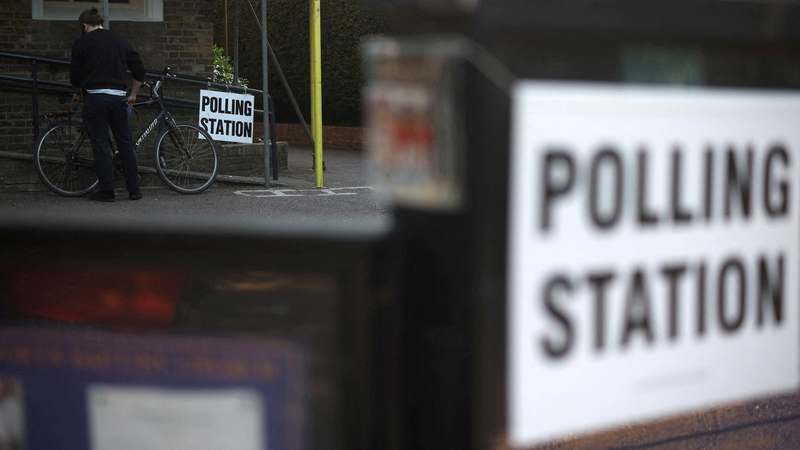The British government has unveiled plans to grant 16- and 17-year-olds the right to vote in all UK elections, marking a significant shift in the country’s democratic system. If approved by parliament, this change will align UK-wide voting rights with existing devolved elections in Scotland and Wales.
Deputy Prime Minister Angela Rayner emphasized the move as a way to "break down barriers to participation" and give younger generations a stronger voice on issues ranging from climate action to economic opportunity.
Recent figures show turnout at the 2024 general election hit 59.7 percent—the lowest since 2001—fueling calls for reforms that could re-engage disillusioned voters. Research from the House of Commons library also suggests that countries lowering the voting age to 16 see no distortion in election outcomes and often enjoy higher turnout among new young voters compared to those first eligible at 18.
Key reforms include:
- Lowering the voting age to 16 for all UK elections
- Expanding acceptable voter ID to include UK-issued bank cards and digital formats of existing IDs
- Tightening political donation rules, with stricter checks on contributions over $670 and measures to close shell company loopholes
Labour, which has faced a dip in popularity since its 2023 landslide victory, had pledged to lower the voting age if re-elected. By combining youth enfranchisement with modern ID solutions and donation transparency, the UK aims to boost democratic engagement and set a global example in electoral innovation.
For young global citizens watching from afar, this reform highlights a growing trend: empowering youth voices to shape national policies and future-proof democracies worldwide.
Reference(s):
UK lowers voting age to 16 in major reform to electoral system
cgtn.com



